Scaly leg mites (Knemidocoptes mutans) are microscopic insects that live underneath the scales on a chicken’s lower legs and feet. They dig tiny tunnels underneath the skin, eat the tissue and deposit crud in their wake. The result is thick, scabby, crusty-looking feet and legs. The longer the mites reside under the chicken’s leg scales, the more discomfort and damage they inflict; an unchecked infestation can result in pain, deformities, lameness and loss of toes.
Scaly leg mites spread from bird to bird in a flock, therefore when one bird is infected, all should be treated. As always when external parasites are found in a flock, the coop should be thoroughly cleaned.
TREATMENT OPTIONS
OPTION 1: Soak, Oil, Vaseline
1) soak the feet and legs in warm water
2) dry with a towel, gently exfoliating any dead, loose scales.
3) dip feet and legs in oil, (linseed, mineral, olive, vegetable) which suffocates the mites.
4) wipe off linseed oil and slather affected area with petroleum jelly.
The petroleum jelly should be re-applied several times each week until the affected areas return to normal. It may take several months for mild to moderate cases to resolve.
OPTION 2: Sulfur & Vaseline
An alternate treatment option for scaly leg mites is to mix 2 tablespoons of sulfur powder with ½ cup petroleum jelly- applied daily for a minimum of two weeks.
OPTION 3: Ivermectin
In severe cases of scaly leg mite, oral or injectable forms of Ivermectin may be prescribed by a veterinarian. Per Dr. Julie Gauthier, DVM the dosage is 0.2 mg/kg per bird, repeated in ten days. Gail Damerow indicates an oral dosage of Ivermectin of 5-7 drops for bantam birds, 1/4 cc for larger birds in The Chicken Health Handbook. She also states that “since the withdrawal time is not known, Ivermectin should not be used on birds kept for meat or eggs.” I do not recommend this medication for backyard chickens. It is extremely easy to overdose and kill chickens with Ivermectin.
OPTION 4: Gasoline & A&D ointment (Obviously, do not use this method if the skin is cut, cracked, or lacerated.)
This method is recommended by Dr. Michael Darre, PhD, Poultry Extension Specialist for New England at the University of Connecticut. It is effective and works quickly. This is the method I would use on my chickens if necessary.
Day 1: DIP the affected legs in gasoline (the cheap gas, no need for hi-test). Don’t rub on or brush on, DIP the legs in it. Hold the legs out and allow them to dry. Slather legs with A&D ointment. The A&D softens the scales and promotes healing.
The gas gets up underneath the scales and kills the mites AND suffocates the nits. The nits are the biggest problem when trying to treat scaly leg mites with other treatment options. It can take weeks with other methods and often doesn’t kill all the nits, so the problem never goes away.
Day 2: Slather A&D ointment on the legs only- no gasoline on day 2.
Day 3: Repeat the same treatment as Day 1. Gas dip. Dry. A&D. That completes the course of treatment.
Scaly leg mites on a feral rooster in Key West.
Healthy leg scales.
Healthy leg scales and toes.
Kathy Shea Mormino
Affectionately known internationally as The Chicken Chick®, Kathy Shea Mormino shares a fun-loving, informative style to raising backyard chickens. …Read on


shop my SPONSORS
Scaly leg mites (Knemidocoptes mutans) are microscopic insects that live underneath the scales on a chicken’s lower legs and feet. They dig tiny tunnels underneath the skin, eat the tissue and deposit crud in their wake. The result is thick, scabby, crusty-looking feet and legs. The longer the mites reside under the chicken’s leg scales, the more discomfort and damage they inflict; an unchecked infestation can result in pain, deformities, lameness and loss of toes.
Scaly leg mites spread from bird to bird in a flock, therefore when one bird is infected, all should be treated. As always when external parasites are found in a flock, the coop should be thoroughly cleaned.
TREATMENT OPTIONS
OPTION 1: Soak, Oil, Vaseline
1) soak the feet and legs in warm water
2) dry with a towel, gently exfoliating any dead, loose scales.
3) dip feet and legs in oil, (linseed, mineral, olive, vegetable) which suffocates the mites.
4) wipe off linseed oil and slather affected area with petroleum jelly.
The petroleum jelly should be re-applied several times each week until the affected areas return to normal. It may take several months for mild to moderate cases to resolve.
OPTION 2: Sulfur & Vaseline
An alternate treatment option for scaly leg mites is to mix 2 tablespoons of sulfur powder with ½ cup petroleum jelly- applied daily for a minimum of two weeks.
OPTION 3: Ivermectin
In severe cases of scaly leg mite, oral or injectable forms of Ivermectin may be prescribed by a veterinarian. Per Dr. Julie Gauthier, DVM the dosage is 0.2 mg/kg per bird, repeated in ten days. Gail Damerow indicates an oral dosage of Ivermectin of 5-7 drops for bantam birds, 1/4 cc for larger birds in The Chicken Health Handbook. She also states that “since the withdrawal time is not known, Ivermectin should not be used on birds kept for meat or eggs.” I do not recommend this medication for backyard chickens. It is extremely easy to overdose and kill chickens with Ivermectin.
OPTION 4: Gasoline & A&D ointment (Obviously, do not use this method if the skin is cut, cracked, or lacerated.)
This method is recommended by Dr. Michael Darre, PhD, Poultry Extension Specialist for New England at the University of Connecticut. It is effective and works quickly. This is the method I would use on my chickens if necessary.
Day 1: DIP the affected legs in gasoline (the cheap gas, no need for hi-test). Don’t rub on or brush on, DIP the legs in it. Hold the legs out and allow them to dry. Slather legs with A&D ointment. The A&D softens the scales and promotes healing.
The gas gets up underneath the scales and kills the mites AND suffocates the nits. The nits are the biggest problem when trying to treat scaly leg mites with other treatment options. It can take weeks with other methods and often doesn’t kill all the nits, so the problem never goes away.
Day 2: Slather A&D ointment on the legs only- no gasoline on day 2.
Day 3: Repeat the same treatment as Day 1. Gas dip. Dry. A&D. That completes the course of treatment.
Scaly leg mites on a feral rooster in Key West.
Healthy leg scales.
Healthy leg scales and toes.



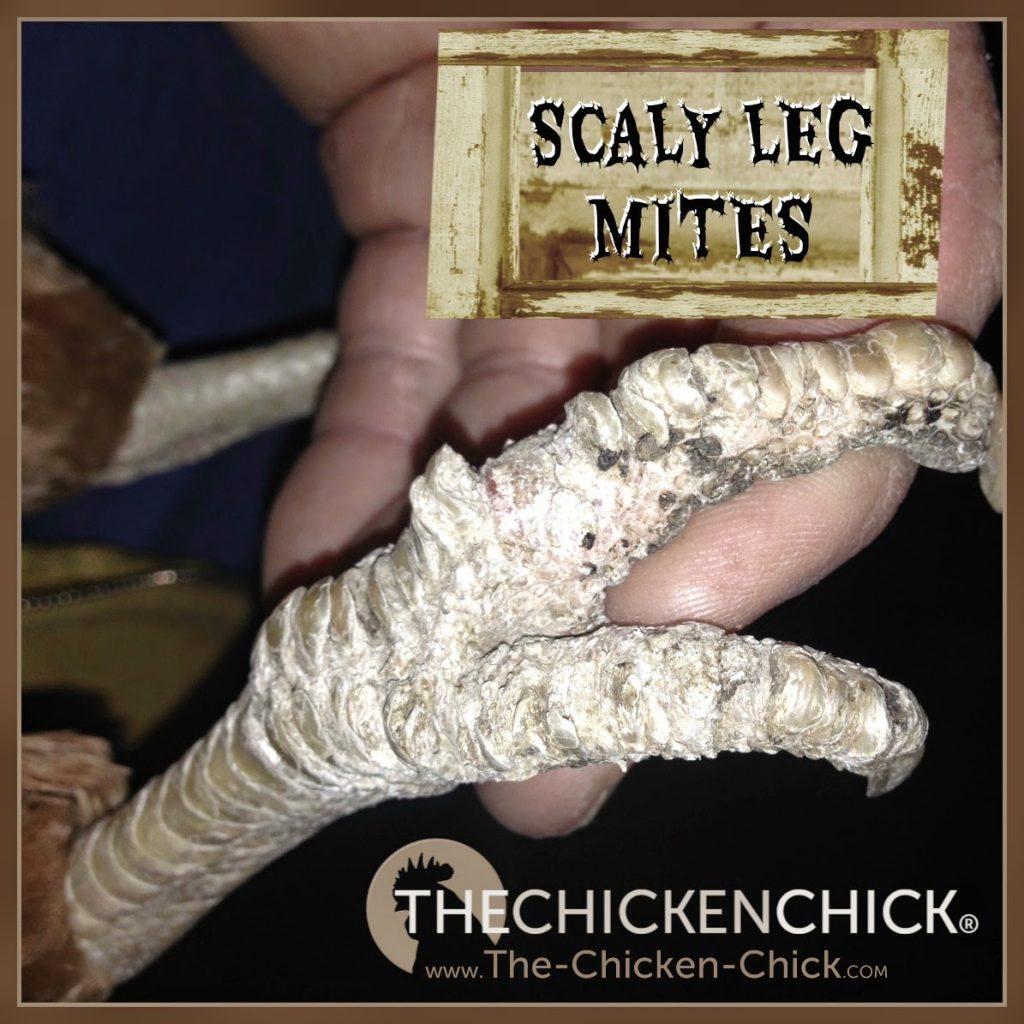
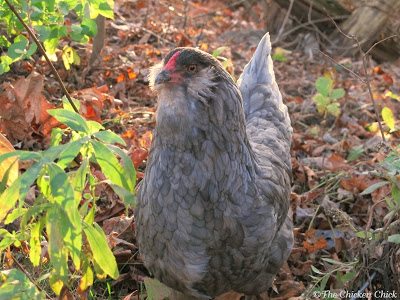
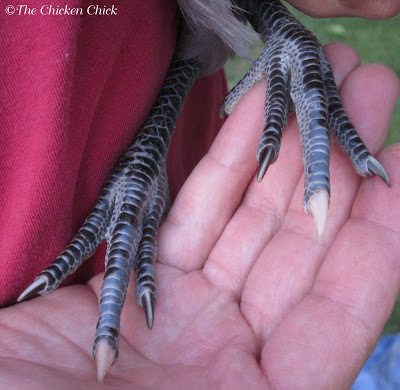
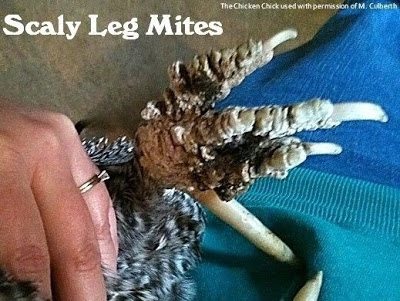
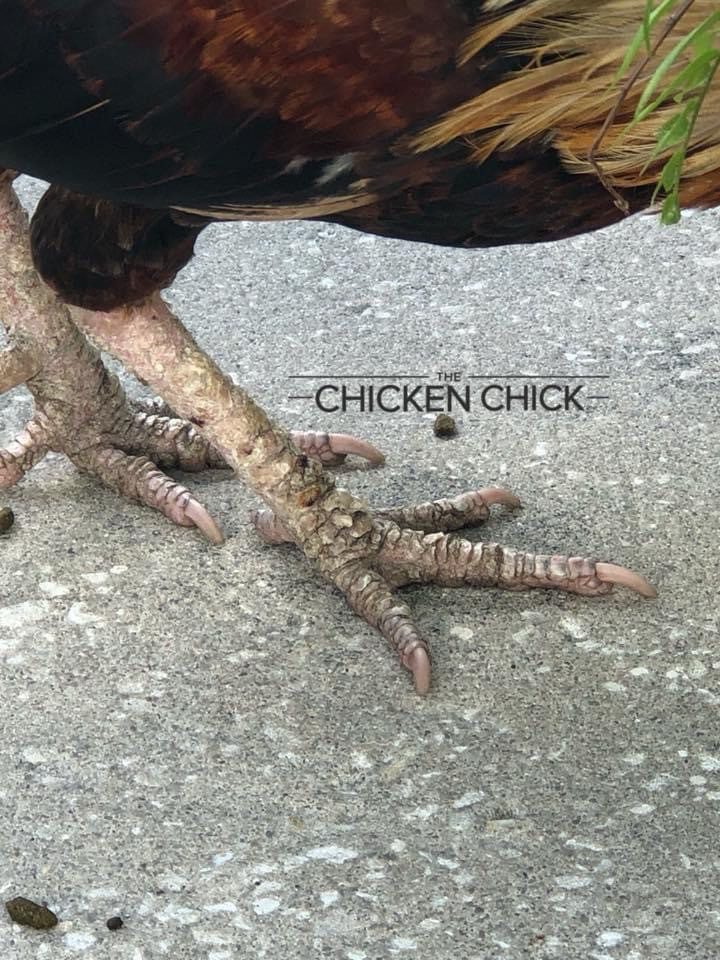
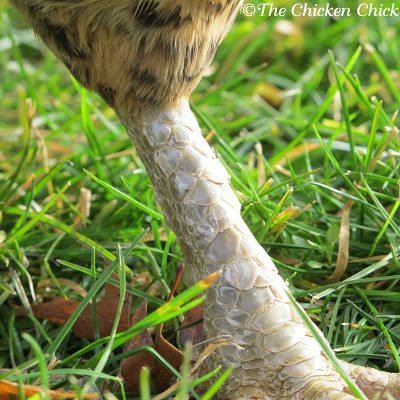
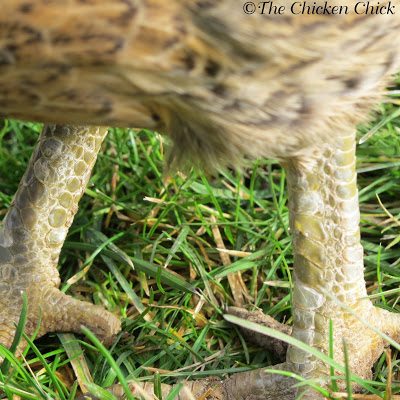















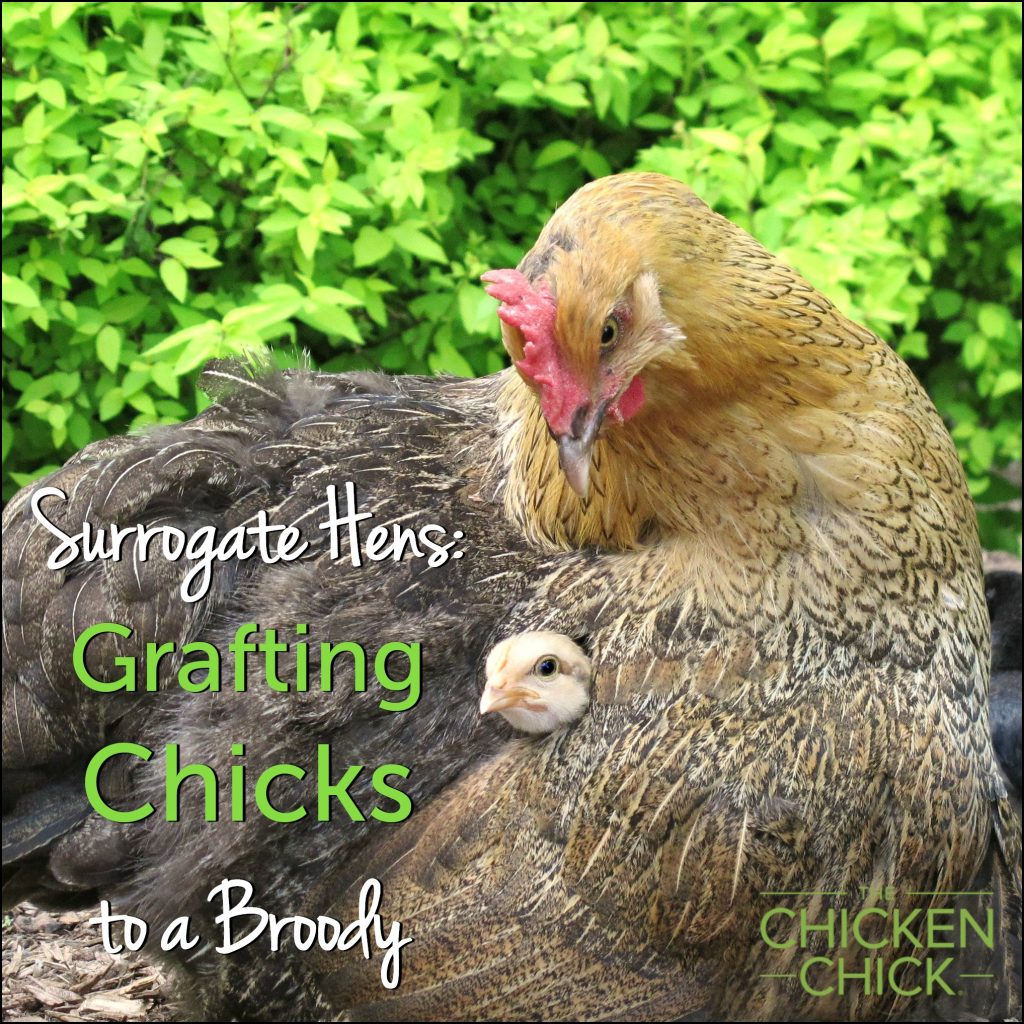










After I did the gas treatment on my chickens about 4days later they still act like ther legs are bothering them by picking them up slowly while walking . Do you think they will be ok they act fine its just they seem bothered by there legs please help
Quick question. I have a hen that I’m almost positive after reading this and looking at photos has been dealing with these for quite some time. We pulled her out last night and did a quick wash and peroxide rinse on her legs and then applied an antibiotic ointment to her open sores. Should we proceed with the gasoline dip and vasoline treatment today or wait until her sore has scabbed over? Also the gasoline treatment is only a total of three days is that correct? So gas and Vaseline on day 1, then just vasoline day 2 and then… Read more »
Is it safe to put so much moisture on their legs in the winter?
I was thinking about doing the Gasoline & A&D Ointment treatment on my 5 Silkie chickens, but I’m so afraid of hurting them with the gasoline. Does it burn their skin? Does it get absorbed into their system? And how long would their feet need to be dipped in the gasoline — just in-and-out, or a few seconds?
Hi! I have come across one of my chickens that has this same problem. However, her toes are cracked and I was wondering if the gasoline dip would hurt her more? or could I dip her in oil and then do the A&D?